The Falsa berry (Grewia asiatica) is a small, round, purple-black fruit cherished in South Asia for its tart-sweet flavor and cooling properties. Often enjoyed during the summer months, Falsa berries are made into refreshing juices, syrups, and desserts. Despite being relatively lesser-known globally, it holds immense cultural, medicinal, and culinary value in the regions where it thrives. In this detailed article, we’ll uncover which country is the largest producer of Falsa berries in the world, its traditional importance, and its diverse uses.
What is Falsa Berry?
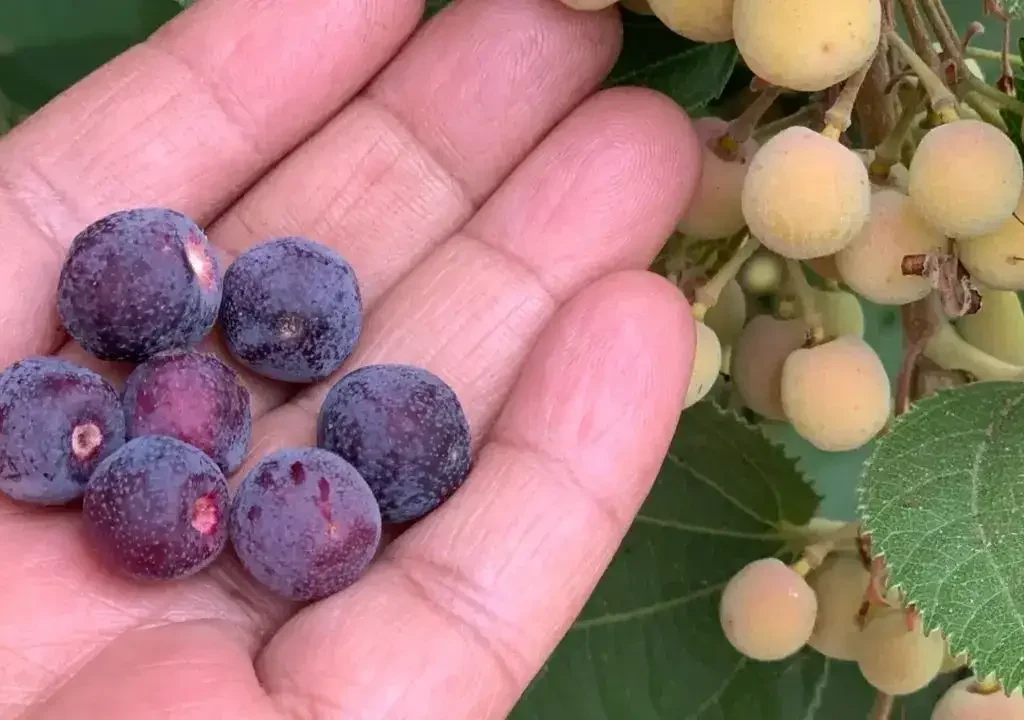
Falsa, also known as Phalsa in Hindi and Urdu, is a deciduous shrub or small tree native to India, Pakistan, and Southeast Asia. The fruits are about the size of a pea, turning from green to dark purple when ripe. The pulp is juicy, with a tangy-sweet flavor, perfect for cooling drinks and natural remedies in hot climates.
Historical and Cultural Significance
The Falsa berry has been cultivated for centuries in the Indian subcontinent. Ancient Ayurvedic and Unani medical texts praise it for its antipyretic, digestive, and anti-inflammatory properties. Traditionally, Falsa drinks are a staple during scorching summers, prized for their ability to combat heatstroke and dehydration.
In rural South Asia, families grow Falsa plants in home gardens, orchards, and along fields for personal and commercial use.
The Largest Falsa Berry Producer in the World: Pakistan
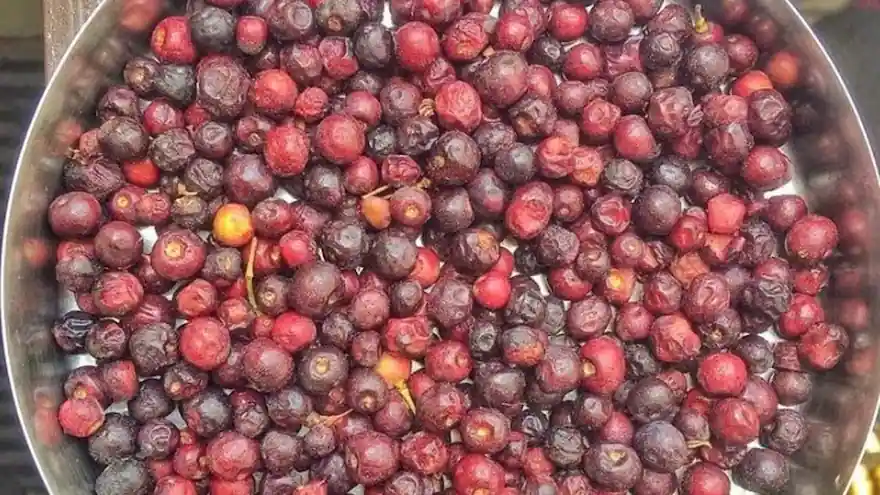
Pakistan is currently the largest producer of Falsa berries globally.
Why Pakistan Leads Falsa Berry Production
1. Favorable Climate:
The subtropical and tropical plains of Punjab, Sindh, and Khyber Pakhtunkhwa offer ideal conditions for Falsa cultivation, with hot summers and mild winters.
2. Widespread Cultivation:
Falsa is cultivated both commercially and on small family farms in Pakistan, thriving in fertile soils and requiring minimal maintenance.
3. Cultural Popularity:
Falsa juice is a quintessential summer refreshment in Pakistan, often prepared with salt and sugar to quench thirst and cool the body.
4. Medicinal Use:
Pakistani traditional medicine employs Falsa berries to treat digestive disorders, fevers, and respiratory conditions.
Other Falsa Berry Producing Countries
While Pakistan holds the top spot, other countries also cultivate Falsa berries:
- India
- Bangladesh
- Nepal
- Thailand
- Philippines
However, none of these nations match Pakistan’s cultivation scale, commercial distribution, or market dependency on Falsa berries.
Nutritional and Health Benefits
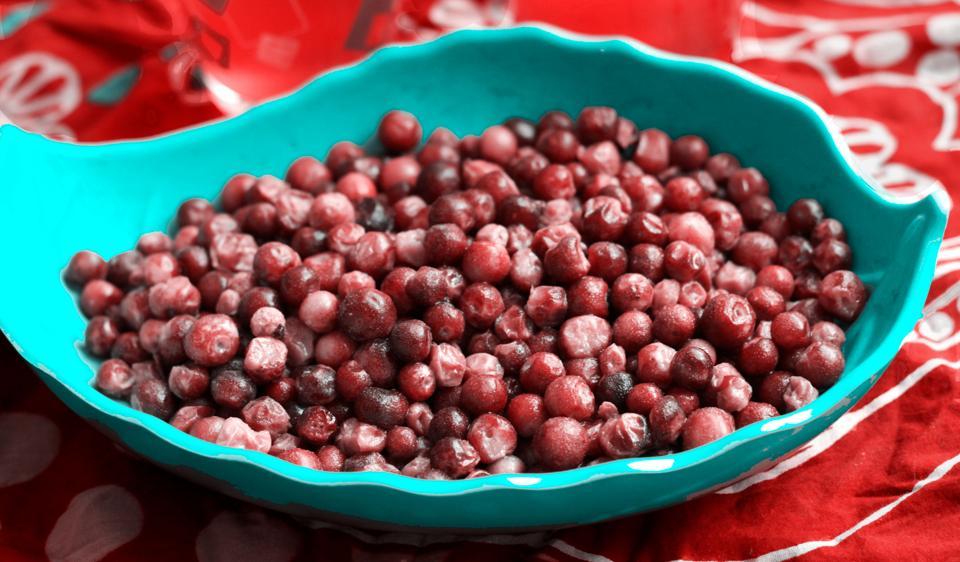
Falsa berries are packed with essential nutrients:
- Vitamin C: Boosts immunity and skin health.
- Calcium and Phosphorus: Strengthen bones and teeth.
- Antioxidants: Combat oxidative stress.
- Potassium: Supports heart health and fluid balance.
- Anthocyanins: Help reduce inflammation.
In traditional medicine, Falsa is valued for:
- Relieving heatstroke and dehydration.
- Soothing sore throats and respiratory issues.
- Aiding digestion and alleviating acidity.
- Reducing fever.
Culinary Uses
- Falsa Juice: Made by blending the berries with water, sugar, and salt.
- Syrups and Squashes: Preserved for off-season consumption.
- Ice Creams and Sorbets: Infused with Falsa flavor.
- Jams and Jellies: Prepared from the pulp.
Economic Importance in Pakistan
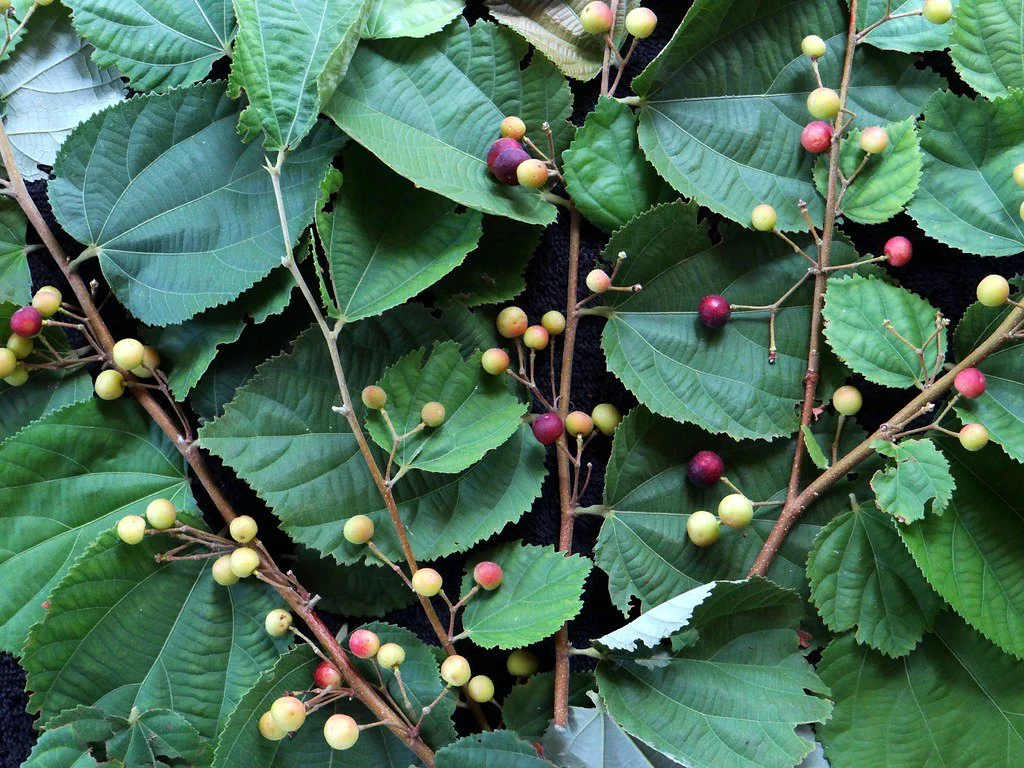
Falsa farming supports thousands of small-scale farmers in Pakistan:
- Seasonal Employment: Harvesting and processing provide jobs during summer.
- Local Markets: Falsa is a staple at roadside fruit stalls and farmer markets.
- Value-Added Products: Syrups and juices are bottled and sold nationwide.
Though it remains a largely domestic commodity, export interest is gradually rising in Middle Eastern and South Asian diaspora markets.
Challenges in Falsa Berry Production
- Highly Perishable: Berries have a short shelf life, requiring quick consumption or processing.
- Limited Commercial Scale: Most production remains small-scale and regional.
- Seasonal Harvest: Available primarily in late spring and early summer.
- Transport Constraints: Fragile nature makes shipping difficult.
Future Prospects and Industry Trends
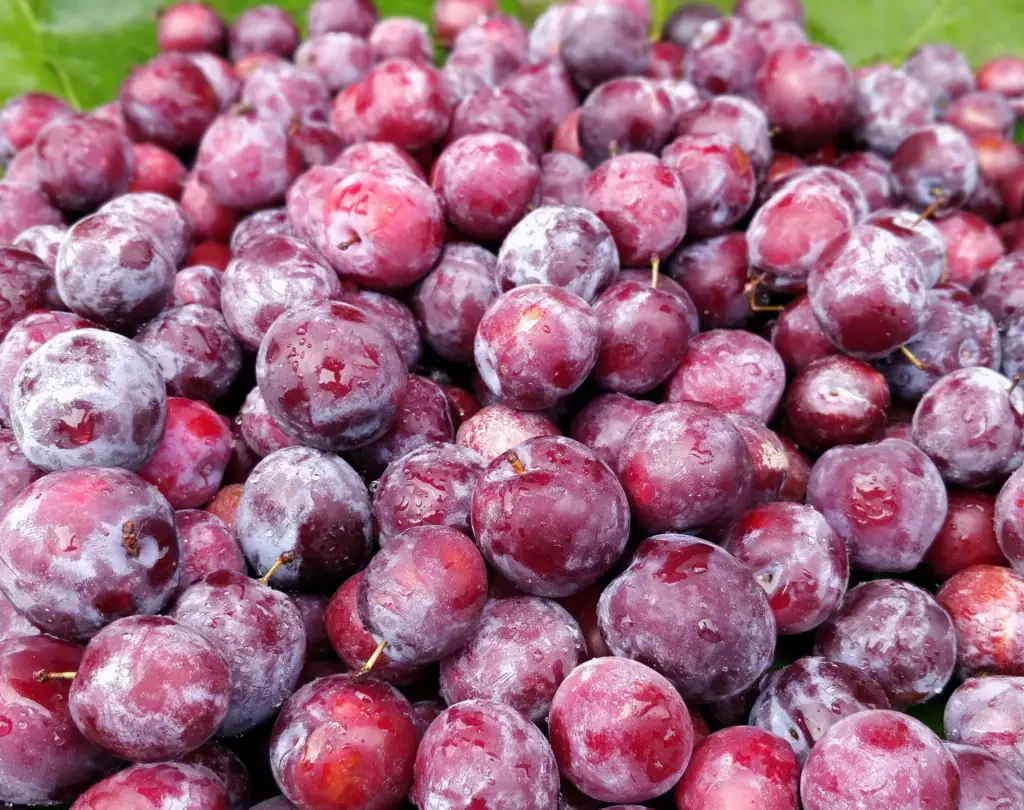
With growing interest in natural, indigenous superfoods, Falsa berry farming has promising potential:
- Commercial Orchard Development: Modern orchards with improved irrigation and harvesting techniques.
- Value-Added Exports: Falsa concentrates, powders, and frozen pulp for international markets.
- Nutraceutical and Herbal Products: Capsules, syrups, and extracts for wellness industries.
- Agri-Tourism: Berry-picking farms and summer fruit festivals.
Conservation and Sustainable Practices
To sustain Falsa cultivation:
- Seed Saving and Nurseries: Maintain heirloom and improved varieties.
- Agroforestry Models: Combine Falsa with other crops to improve biodiversity.
- Organic Farming Initiatives: Promote chemical-free berry cultivation.
- Farmer Training Programs: Educate growers on modern pruning, pest control, and post-harvest techniques.
Conclusion
Pakistan’s leading role in global Falsa berry production reflects the country’s ideal climate, deep-rooted cultural affinity for the fruit, and agricultural expertise. From village orchards to bustling fruit markets, Falsa remains a cherished summer staple and a source of livelihood for rural communities.
While countries like India, Bangladesh, and Nepal contribute modestly to regional production, none rival Pakistan’s volume or market integration. As awareness of this indigenous superfruit grows, Pakistan’s Falsa industry is poised for expansion through modern farming techniques, value-added products, and potential international exports.
The future for Falsa berry cultivation looks bright, offering a unique blend of tradition, nutrition, and economic opportunity in a rapidly health-conscious world.

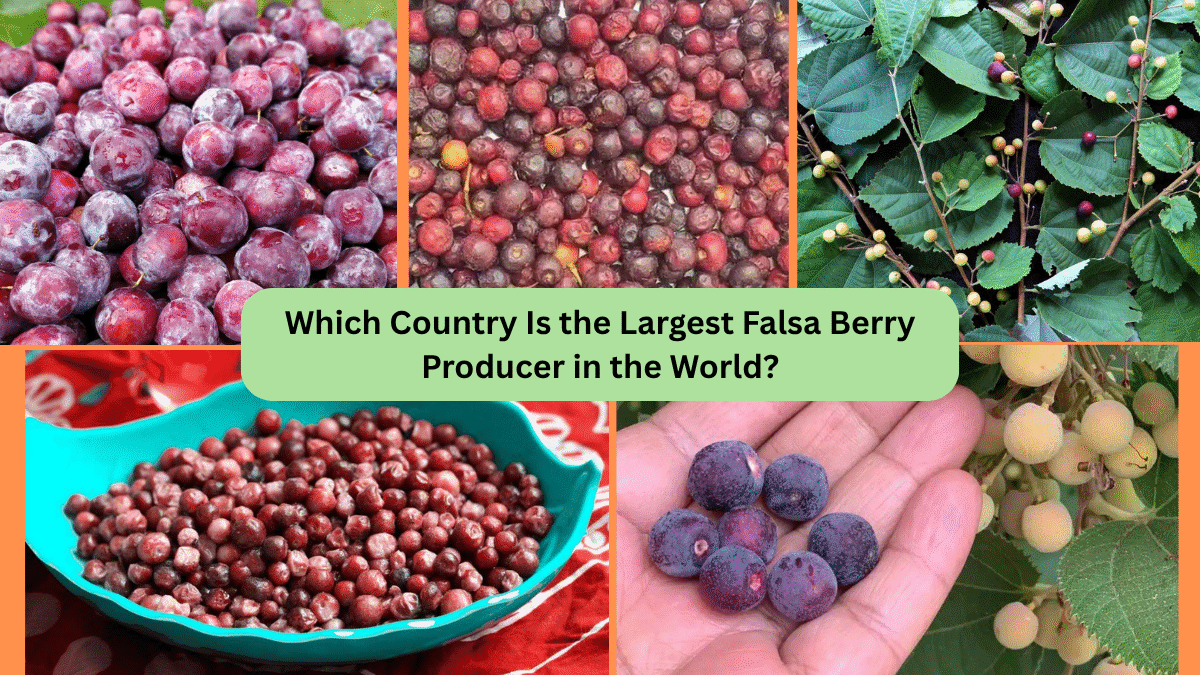



Leave A Comment